INTERVIEWS
Claire Davenport
Interviewer: Marcela Torres
Language of interview: English
Country of practice: Canada
Profession: Founder and principal architect of Claire Davenport architects. Her work focuses on locally driven and community based projects.
Claire Davenport is the founder and principal architect of Claire Davenport Architects, an international design practice based in Montreal, Canada. Her architecture work focuses mainly on local and community development programs, under the concept of creating home environments. In collaboration with “Resilience Montreal” and “Architects Without Borders”, she designed a wellness centre, day shelter, for communities experiencing homelessness. This project aimed to transform the institutional narratives of places for social reconciliation, moving away from the sterile, gray, flat features normally used in governmental sites.
During this interview, Davenport tells us how the Resilience project was divided in two phases. The first one, an adaptation of a former sushi restaurant into a safe and welcoming space for the users. The second one, an ongoing transformation of a building for another shelter site. The first phase included the participation of 150 volunteers in the design process to translate the needs of the users into spatial forms, and to answer two questions in particular: (1) What needed to happen in the room? and (2) how would they want it to feel? Additionally, Davenport explains some technical, budget and time constraints during the first phase, and how these issues became learnings for the second one.
She emphasizes the importance of creating sites with adequate conditions for the users, improving any generic spaces, which is why the second phase of the project included several participatory workshops with Indigenous peoples, the main users of the centre. For Davenport “Resilience” needs to become a welcoming space for all cultures, transforming any sterile institutional aesthetics. An open, bright home, with private spaces and spaces for ceremonies, that allow participants to connect with each other and with the space. To finish our conversation, Davenport reflects on two important issues for architecture: the relevance of decolonizing spaces, and how they affect social justice.
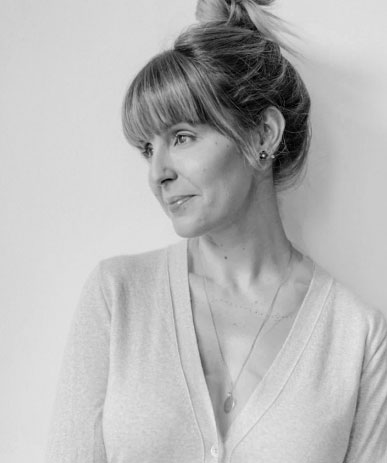
is an author, speaker, columnist, and podcaster in the fields of architecture and decorative arts. She is completing her MA in Art History at Concordia University, Montréal, and holds a Bachelor of Commerce with a major in Marketing from John Molson School of Business. She studied Industrial Psychology in Los Angeles, California. Sicotte is the author of two published books on design (2015, 2018) published by Les Éditions Cardinal.

is a Colombian PhD candidate in the Department of Art History at Concordia University. She has a background in architectural design and community activism and holds a master’s degree in Building and Urban Design from the Bartlett School of Architecture in London, England. Her interests focus on socially-engaged art, social movements, collaborative activism in post-conflict scenarios, collectively-produced art, and art produced in relation to the built environment.
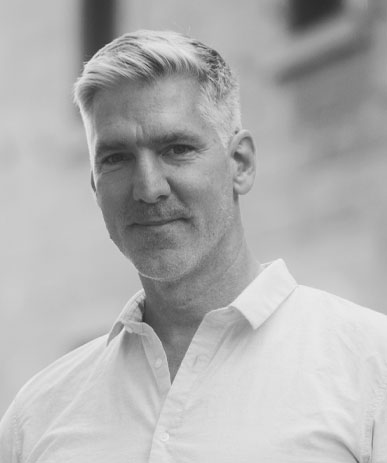
is a PhD candidate in Humanities at Concordia University. His research focuses on spatial agency, social aesthetics, youth narratives, and graphic representations of urban memory. He has published on the relationship between children, play, and public space in Cartagena, Colombia. He has also worked as an editor on literary projects, including Territorio Fértil, which received the María Nelly Murillo Hinestroza award for Afro-Colombian literature.
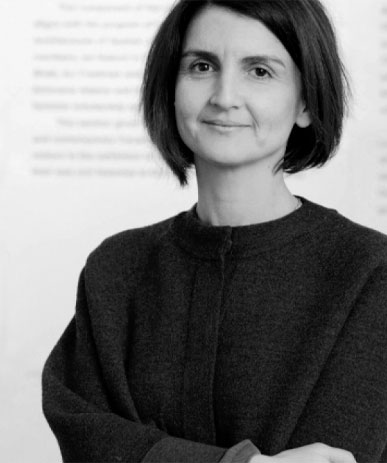
is Associate Professor and Canada Research Chair in Architectures of Spatial Justice (Tier 2) at the Peter Guo-hua Fu School of Architecture at McGill University, Montréal, Québec, Canada. Her research interests include low-income housing and participatory design, civil protest and urban design, and campus landscapes and race. Her publications include the co-edited book, Orienting Istanbul (2010) and solo-authored book, Istanbul Open City (2018).
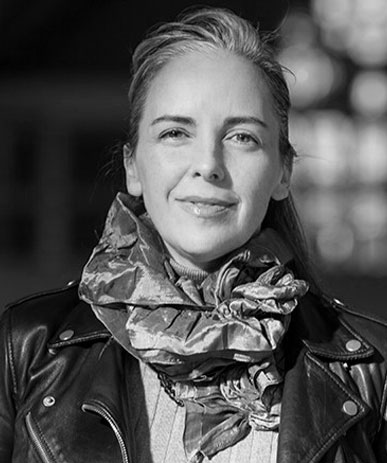
is an artist and a professor of Art History at Concordia University. Her work focuses on women and the history of the built environment, urban landscapes, research-creation, and oral history. She has published on the spatial history of the suffrage movement, public art, gardens, and the politics of urban change. In addition to her research on the spaces of restorative and transitional justice, she is leading an oral history project on the urban memories of diverse Montrealers.
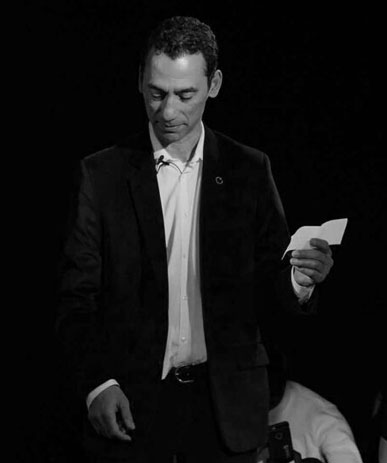
is Associate Professor in the Department of Theatre at Concordia University, Montreal (Quebec, Canada). He is also the second co-director of Concordia’s Centre for Oral History and Digital Storytelling. His latest publications explore listening in the context of post-conflict performances of memory. For instance, see ‘Facilitating voicing and listening in the context of post-conflict performances of memory. The Colombian scenario.’ In: De Nardi, S., Orange, H., et al. Routledge Handbook of Memoryscapes. Routledge: London. (2019), and his article ‘Not being able to speak is torture: performing listening to painful narratives’. International Journal of Transitional Justice, Special Issue Creative Approaches to Transitional Justice: Contributions of Arts and Culture. (March, 2020)